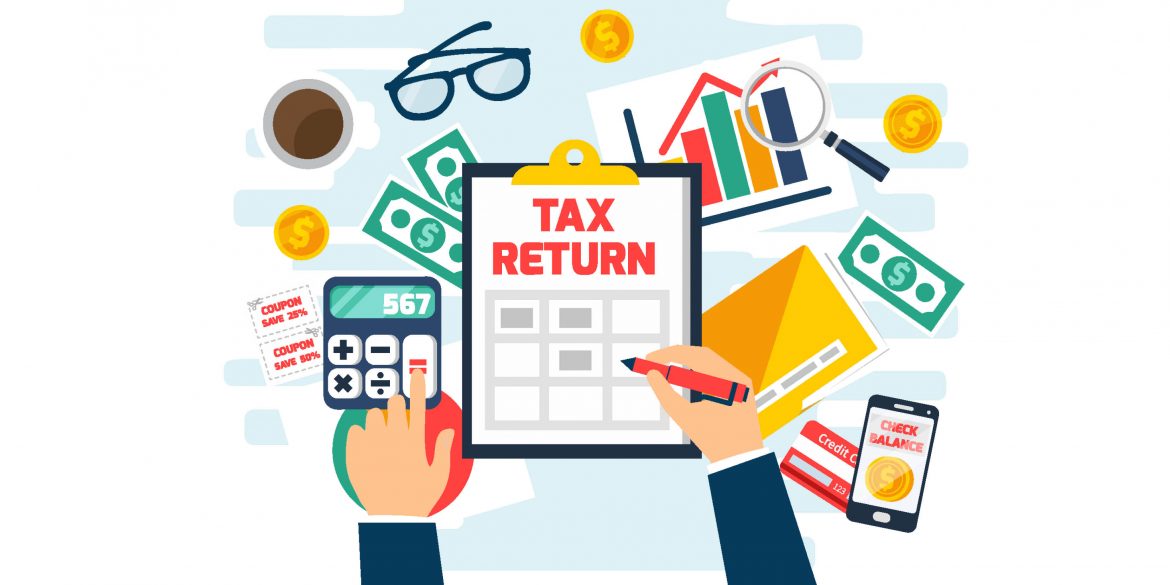By Katy Macek
Tax season is always stressful. Throw in a pandemic that has wreaked financial havoc on individuals and businesses and, well, financial experts are predicting filing taxes for 2020 will be a new beast.
Jennifer Damrow, who owns the Madison-based jewelry and rock company Exclusive Inspirations, LLC, knows this has been a crazy year. As complicated as it’s been, though, she says the anxiety around tax filing is simple.
“The biggest impact is actually paying the taxes,” Damrow says. “Because [the IRS] still wants the same dollar amount and I have less money in general.”
Damrow is not alone in that feeling, says Louisa Else, CPA, a tax practice leader with Fine Point Consulting in Madison. Else breaks down what to expect when filing your 2020 taxes.
FOR INDIVIDUALS
Unemployment
Else predicts this will likely impact many Wisconsinites at tax time, as the state and country saw record levels of unemployment in 2020 due to the coronavirus. In Wisconsin, the unemployment rate reached an all-time high of 13.6% percent in April 2020, a staggering 10.3% percent jump from April 2019.
“That’s a big one to think about if you haven’t been unemployed before,” Else says. “Because [unemployment benefits are] taxable income, so be prepared to account for that.”
For those that chose not to withhold taxes out of their unemployment benefits due to financial need at the time — and Else expects many did — that income is included on a 1099-G form as unemployment wages and sent to you. When taxes are filed, your tax return (if you get one) could be lessened because taxes are taken out at that time.
Charitable Contributions
Those who typically take the standard deduction rather than an itemized deduction normally wouldn’t receive a tax benefit from charitable contributions, which is one difference this year.
The CARES Act is allowing people to deduct up to $300 in charitable contributions.
“The only caveat to that is it has to be cash — it can’t be $200 worth of clothes you donated to Goodwill,” says Else.
Donations need to have gone to a qualified nonprofit, and a list of qualifications can be found on the IRS website.
FOR BUSINESS OWNERS
Expenses paid with the CARES Act’s Paycheck Protection Program loans are fully deductible on federal taxes. At the time of publication, however, that deduction isn’t applicable to Wisconsin state taxes — though lawmakers have drafted legislation to change this. If it doesn’t change, Wisconsin business owners would have to add back those expenses in their state returns.
“This is a trend we’re seeing in a number of states right now,” Else says. “I would hope it goes through and this becomes a nonissue, but, of course, there is no guarantee.”
The December 2020 stimulus package included an Employee Retention Credit, meaning businesses should maximize those funds when taking those deductions.
“For example, you can strategically assign $100,000 in rent paid with PPP funds, and another $50,000 of salaries for the ERC,” Else says.
For Damrow and her husband, their jewelry business had thrived off trade shows prior to 2020 — but then the pandemic curtailed all of that. Fortunately, they were able to pivot online, and tax planning for the business became “a centerpoint” of everything they did.
Not traveling for work saved money, Damrow says. However, in order to meet their business deductions, she said they had to find another place to put those funds.
“Our deductions were falling really far below what they usually are,” Damrow says. “It’s a balancing act — we can’t not pay our mortgage, but we have to spend money on the business.”
She’s had more conversations — and questions — with her CPA than ever before, but the planning paid off. They decided to invest those funds into organizing and equipment to improve their business.
Else’s final piece of advice: 2020 is over. Take stock, learn and prepare for 2021 — which she expects will be just as complex.
“The more you can start thinking about how you want to plan out multiple years in advance, the more that planning is going to help you,” she says.




